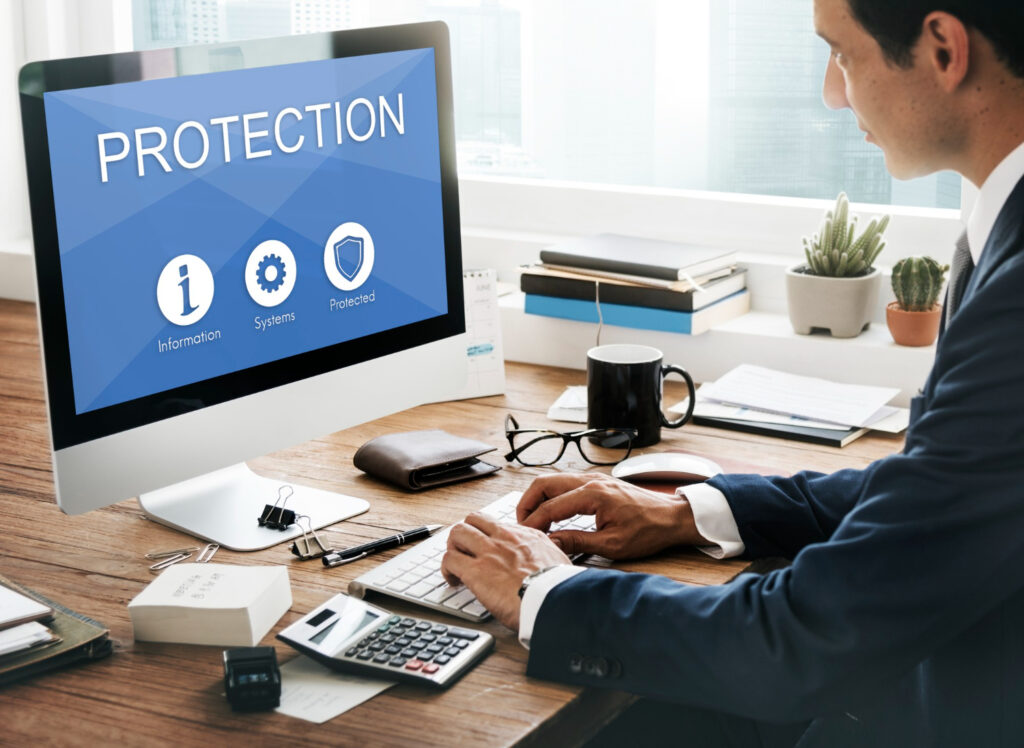
Strengthening Your Online Security; Key Strategies to Protect Your Online Accounts
In today’s age, where security breaches and online risks are ever present ensuring the safety of your online accounts has never been more crucial. Recent findings, from Heba Impound reveal a concerning increase in compromised accounts with an estimated nine billion accounts affected. This highlights the need for security measures to safeguard your digital assets and prevent unauthorized access to your sensitive information.
The Importance of Taking Action
The reality is clear; when your online accounts are breached the consequences can be severe and far-reaching. Not do you face the risk of data exposure but you also encounter challenges in holding accountable companies that lack adequate security measures. Pursuing justice in cases is often complicated by the nature of cybercrime and law enforcement struggles to keep up with evolving digital threats.
Adopting a Proactive Security Approach
Despite the nature of these challenges, there is room, for optimism. By implementing security measures and protocols you can reduce the likelihood of falling prey to cyber attacks.
The crucial factor is to adopt a security approach that covers actions and forward-thinking tactics.
Building Your Digital Defense Arsenal
Securing your defenses starts with strengthening your passwords. Of using combinations consider using longer and more intricate passphrases. By choosing obscure phrases you can build strong barriers that are hard to crack through brute force attacks. Additionally using a trusted password manager can make it easier to create and keep passwords keeping your information protected from entry.
Opting for Compartmentalization
Apart, from using passwords compartmentalization is essential for maintaining security measures. Diversifying your accounts. Utilizing email addresses, for various services can help reduce the consequences of potential security breaches. This methodical strategy reduces the chances of a vulnerability jeopardizing your online presence by preventing compromised credentials from putting all your digital assets at risk.
Staying Alert; Putting OPSEC into Practice
Keeping security also known as OPSEC, a top priority is crucial, in protecting yourself from risks like phishing schemes and cyber attacks. By paying attention to details and being careful while using the internet you can prevent threats from causing harm. Whether it involves checking the legitimacy of website links or strengthening privacy controls on networking sites being vigilant is key, to maintaining strong OPSEC measures.
Exploring the Benefits of Two-Factor Verification
Although creating passwords is crucial incorporating two-factor authentication (2FA) enhances security by introducing a barrier to prevent unauthorized entry. Whether using one-time password generators specialized authentication applications or physical security devices 2FA serves as a defense mechanism, against threats. By incorporating this strategy into your security measures you can strengthen your accounts. Discourage potential intruders.
Looking Towards the Future
In this changing world it’s crucial to adapt our security measures. By keeping up with dangers and utilizing tools, like U2F security keys we can outsmart cyber attackers. Let’s work together to promote a mindset of strength and united security. Our best protection, against threats lies in shared awareness and constant watchfulness.
Conclusion
Ensuring the security of your accounts is more than a matter of convenience – it’s a crucial necessity in our modern interconnected society. By following the tips provided in this guide you can strengthen your security measures. Protect your important assets from potential risks. Keep in mind; that effective security is not, about being passive. About staying alert and taking steps. Let’s work together to create a stronger world for all.
11 Tips on How to Protect Your Online Accounts
In the present digital era, protecting your online accounts is one of the primary safeguards for your privacy and your personal data. Taking preventive measures like always using strong passwords, updating your software and antivirus, and reporting suspicious activities, is key, given the advancement of hackers and cybercriminals. In this blog post, the focus is on 11 major rules for you to follow to improve your online security.
- Unique Username and Password: Do not have the same username and password for different accounts. If one account is hacked, then chances are that the user may have been using the same usernames and passwords across different platforms for other accounts, manipulating hackers to access these accounts.
- Two-Step Verification and Multi-Factor Authentication: Implement two-step authentication wherever possible. This adds an extra layer of security by, in its essence, requiring a one-time password (OTP) that is sent to your registered email or mobile device for login verification.
- Avoid Saving Passwords on Browsers: Browsers provide the convenience of saving your passwords, but they trade off with a security risk as well. Go for strong and unique passwords that use a mixture of upper case and lower case letters in addition to numbers and symbols.
- Beware of Phishing Links: Take care of the links you are going to click, mostly those that are sent by email or social media. The hackers often apply phishing tactics that cause the users to disclose confidential data or to install malware via the internet.
- Keep Antivirus Software Updated: It’s important to install and update your anti-viruses frequently in order to protect systems against new threats and their vulnerabilities. Antivirus software scans your system for viruses, thus giving your security an extra edge against malicious programs that may compromise your accounts.
- Monitor Recent Activities: It is advisable to periodically check for the activity of logging in to your account to be sure there are no attempts of unauthorized access. It is important to remember to regularly change your password and to log out of all your devices if anything suspicious is detected.
- Use a VPN (Virtual Private Network): Adopting a VPN interferes with a one-level encryption system of your internet connection, hence protecting your data from thieves, particularly if you are using public Wi-Fi.
- Delete Unused Accounts: Close or delete accounts which now are already outdated. Personal data in the accounts that are not being used could be vulnerable to hackers if it comes into their hands.
- Clear Browsing History and Sign Out: Clear your browsing history occasionally and disconnect from every tool when logging in from shared or public devices. This is used to keep your accounts secure so that no one can access them without your authorization.
- Avoid Public Wi-Fi for Sensitive Activities: Public Wi-Fi networks are usually not secured, which makes them good objects to targeted cyber attacks. Do not do some delicate actions such as online banking or logging into accounts when you are connected to public Wi-Fi.
- Utilize Additional Security Features: Utilize extra online security features like fingerprint or facial recognition as biometric authentication, and use app-specific locking (e.g., pattern or PIN code) offered by apps and platforms.
You will achieve a much greater level of safety for your online accounts by adopting those 11 tips as they will help you avert unauthorized access and data breaches, which are common problems. Know that, reacting beforehand is crucial in ensuring your online security and privacy in the increasingly interconnected world. Stay vigilant and prioritize security to safeguard your valuable information online.



[…] Ways to Protect Your Online Accounts […]
[…] Ways to Protect Your Online Accounts […]